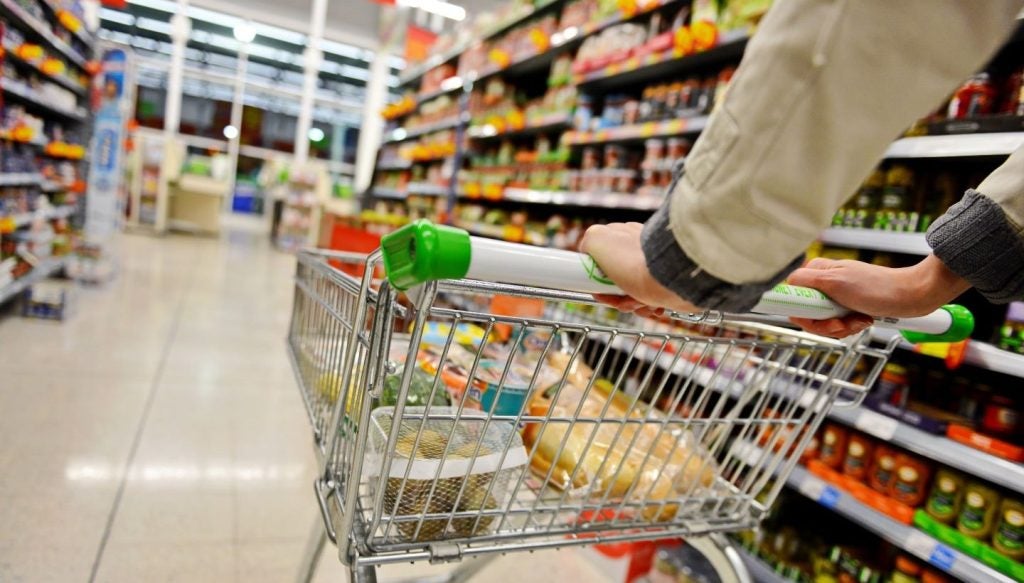Manufacturers and retailers in the UK are taking swift action to address a potential Escherichia coli (E. coli) contamination risk in prepackaged sandwiches, wraps, and salads, the British Broadcasting Corporation (BBC) reported.
The UK Food Standards Agency (FSA) identified a link between a recent rise in E. coli cases and these specific food items, leading to precautionary recalls.
According to the BBC, more than 60 products from major supermarket chains such as Aldi, Asda, Co-op, and Morrisons, are being pulled from shelves.
While no E. coli has been directly detected in the products, the potential for contamination linked to salad leaves necessitates this preventative measure.
Greencore Group and Samworth Brothers Manton Wood, two major food suppliers, have initiated these recalls.
These include popular sandwich and wrap options containing chicken, tuna, and various vegetarian fillings.
The ongoing investigation by the FSA aims to pinpoint the exact source of the contamination.
While the specific salad leaf products haven't been identified, authorities are urging consumers to avoid the recalled items.
Darren Whitby, head of incidents at the FSA, said: “This is a complex investigation, and we have worked swiftly with the relevant businesses and the local authorities concerned to narrow down the wide range of foods consumed to a small number of salad leaf products that have been used in sandwiches and wraps."
The BBC noted retailers are cooperating fully with the FSA, removing the affected items from their stores and working to minimise customer risk.
E. coli contamination can occur through contaminated water or soil used in agriculture.
While some E. coli strains are harmless, others, such as the shiga toxin-producing E. coli strain identified in this outbreak, can cause severe illness.
This incident serves as a reminder for food manufacturers and retailers to maintain stringent hygiene protocols throughout the supply chain.
By prioritising food safety and taking decisive action, these businesses can minimise health risks for consumers.















